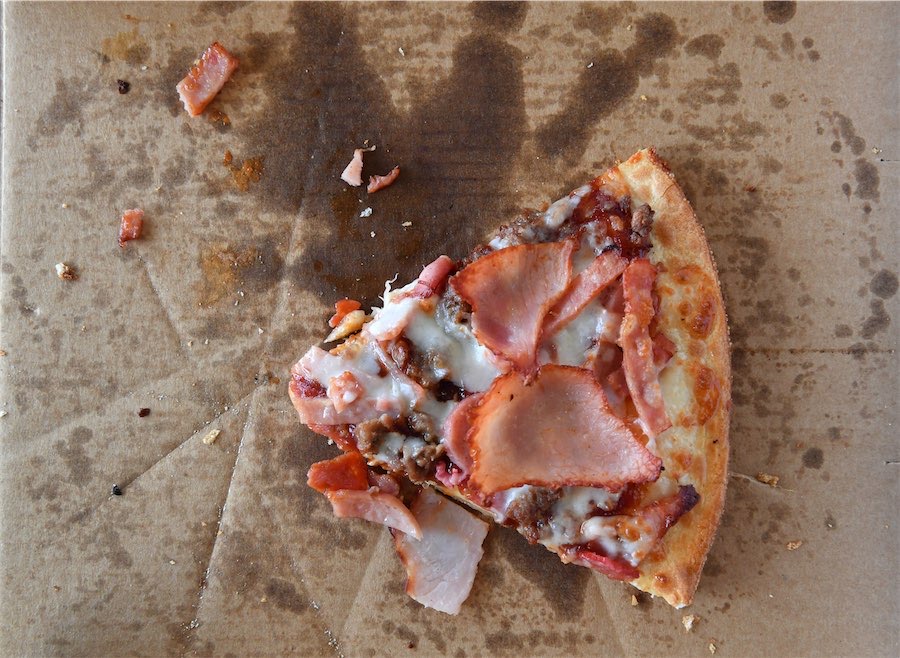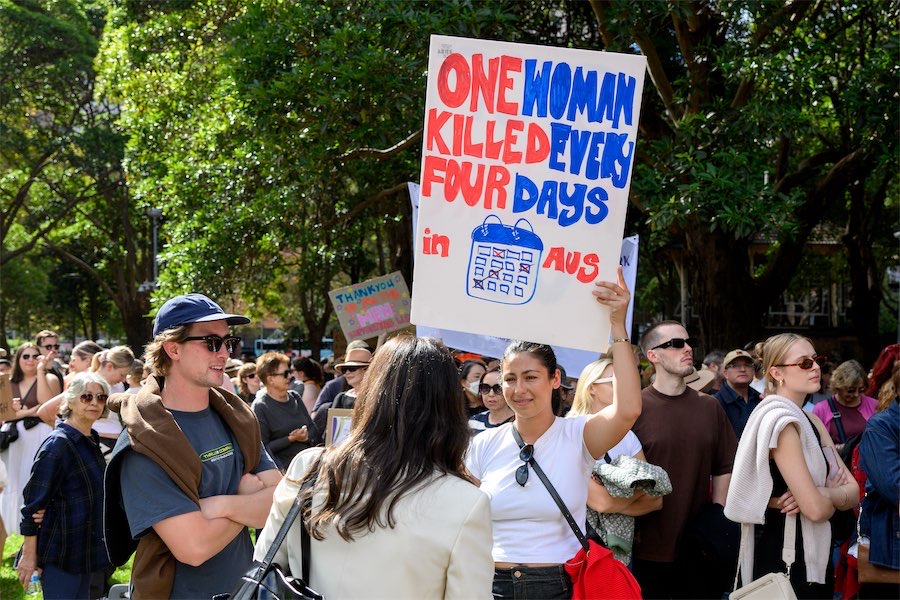
By Sophia McCaughan in Sydney
The federal government should move to limit junk food advertising to put the health of children ahead of the profits of the industry, experts say.
In a submission to the Department of Health and Aged Care, the Australian Medical Association said research suggests young people see 168 unhealthy food and drink promotions through social media each week.
It says this equates to 17 advertisements of junk food products each hour a child is online.
“Limiting junk food advertisements and marketing is about nurturing health in our children providing them with the opportunity to make healthy choices well into adulthood,” AMA President Prof Steve Robson said.
“Eating habits start young, when kids are highly susceptible to marketing ploys.”
The submission has highlighted the preventative health benefits of a so-called digital black-out on junk food adverts, and calls for restrictions on all junk food marketing across media platforms and outlets between 5.30pm and 11pm.
“Junk food marketing at the sports field, in the shops, on TV or online gives the wrong message by making unhealthy food completely normal,” Prof Robson said.
The peak body is also calling on the government to implement tight restrictions on unhealthy food sponsorships of sports, arts and cultural issues.
“Children should be able to play sport, watch their favourite sport stars play and go to art and cultural events without being bombarded with marketing for unhealthy food,” Prof Robson said.
The association wants more regulation in the unhealthy food advertisement industry, urging the government to challenge the status quo of the industry being able to regulate itself.
“Allowing the processed food and advertising industries to set their own rules does not effectively protect children from exposure to unhealthy food marketing,” Prof Robson said.
It says unhealthy food and drink marketing undermines healthy food education and normalises the consumption of junk food.
The association said marketing of junk food goes against the intent of the National Preventative Health Strategy.
“We need to restrict placement and promotion of unhealthy food within retail environments, and we want a policy to extend beyond traditional media,” Prof Robson said.
Who can be trusted?
In a world of spin and confusion, there’s never been a more important time to support independent journalism in Canberra.
If you trust our work online and want to enforce the power of independent voices, I invite you to make a small contribution.
Every dollar of support is invested back into our journalism to help keep citynews.com.au strong and free.
Thank you,
Ian Meikle, editor





Leave a Reply